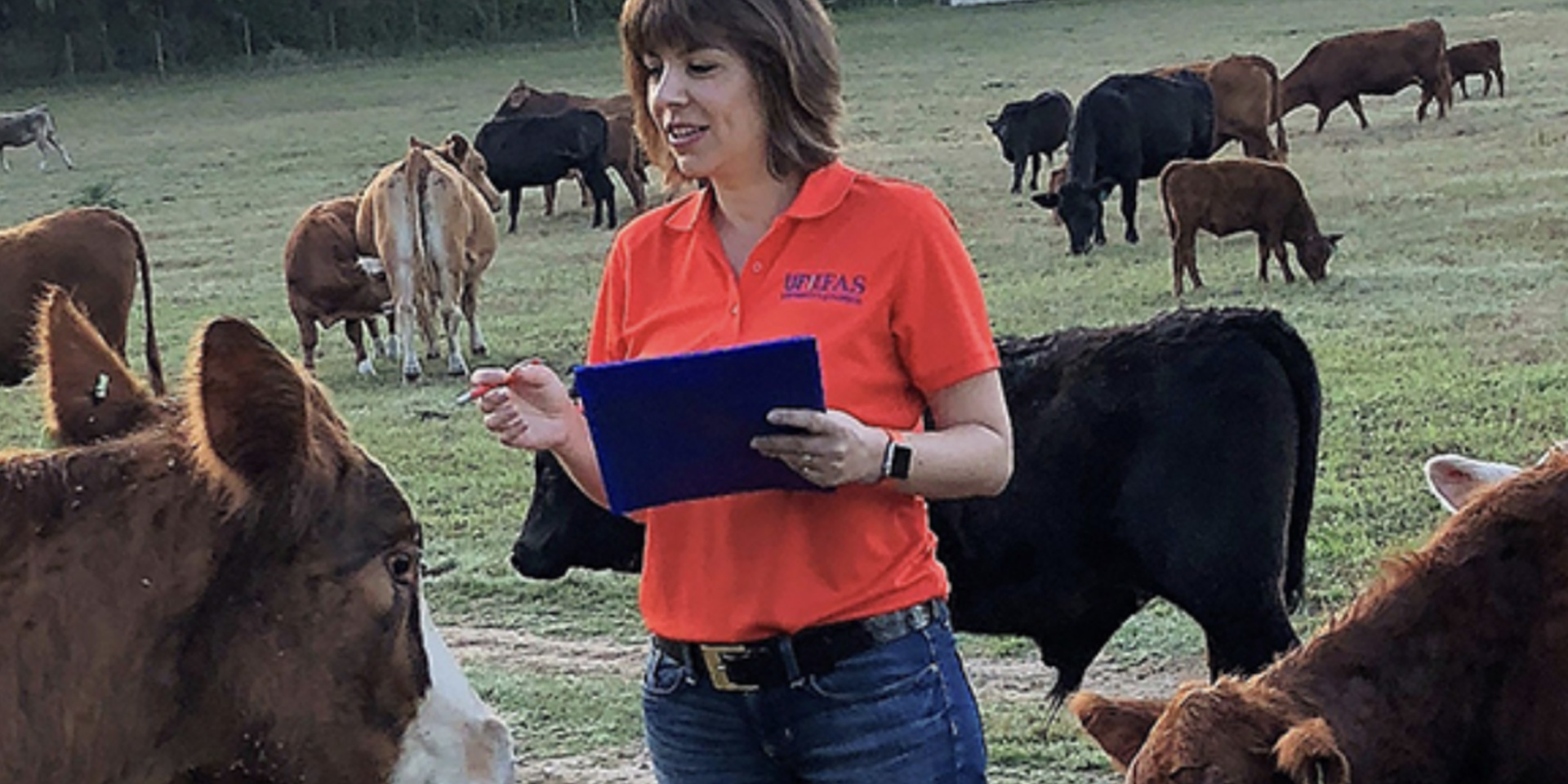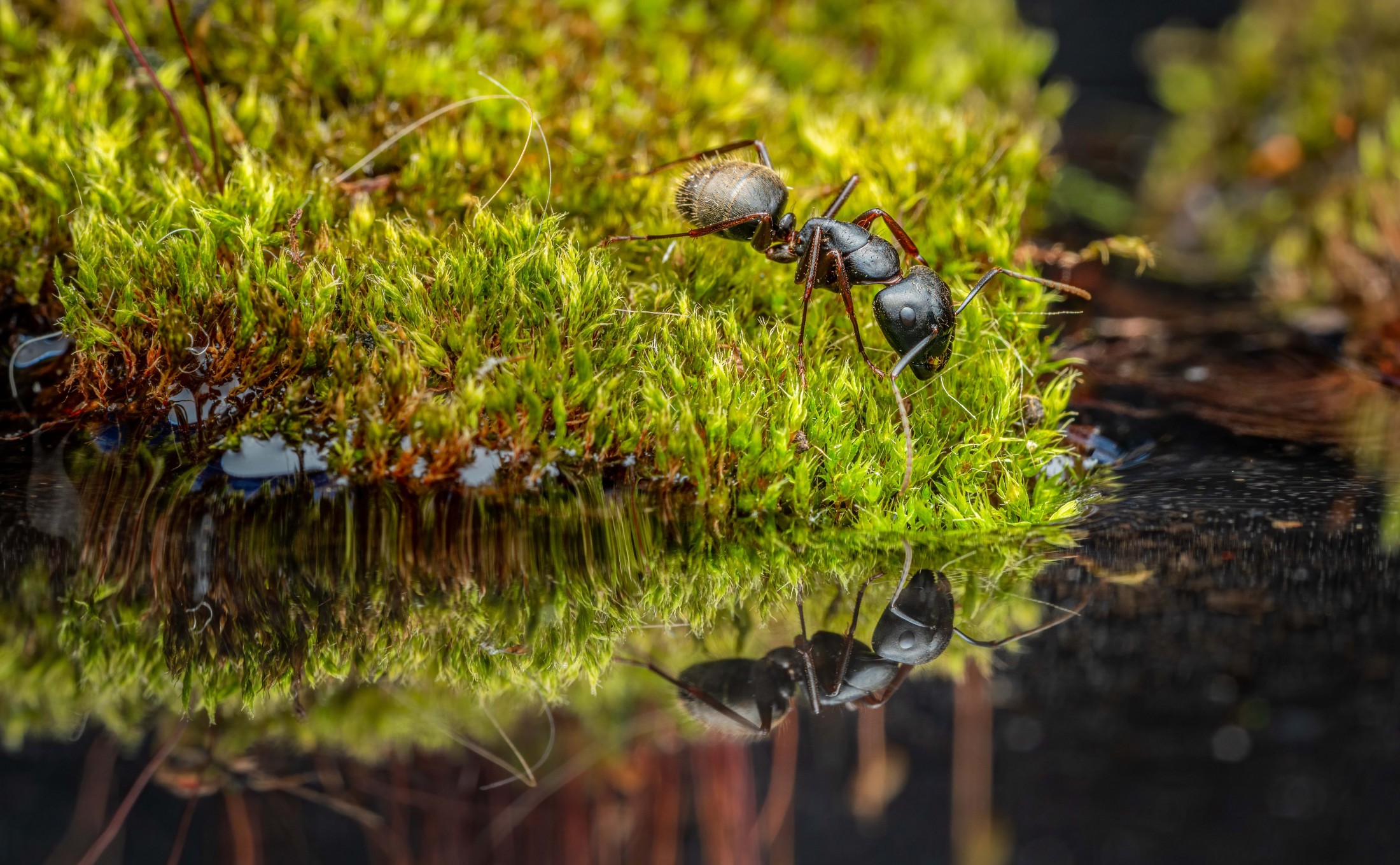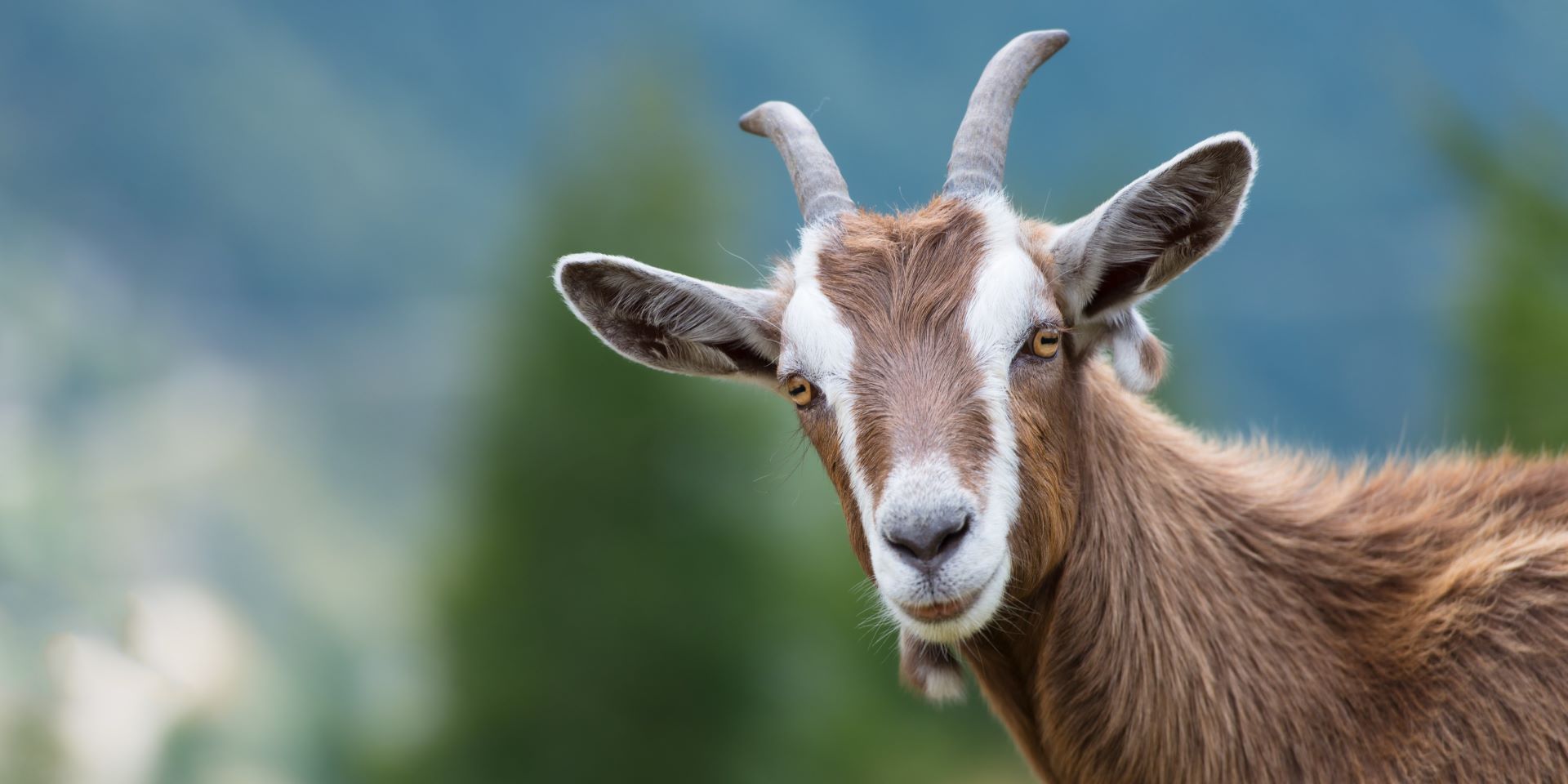Welcome to AIIRI
The UF Artificial Intelligence and Informatics Research Institute (AIIRI) aims to advance AI and informatics research at the University of Florida. AIIRI brings together preeminent researchers that explore many contemporary application areas from our institution. From science and medicine, or humanities to engineering, UF experts develop the tools and technologies to support and complement these studies. These collaborative efforts result in important conclusions across many fields.
A Vision for the Future
The institute aims to build a stronger UF AI research community, enhance our external AI visibility, and support AI research across campus with a focus on four major areas:
ONE
AI and Informatics Techniques and Technologies
Research into the hardware, software, algorithms, and mathematical approaches needed to develop the next generation of intelligent techniques and technologies. This also includes supporting infrastructure for computation, bandwidth and storage.
TWO
Biomedical and Life Science Informatics and AI Applications
Use of AI and informatics to address fundamental questions in genetics, genomics, biodiversity, environment, agricultural science, as well as its application for improved human health outcomes.
THREE
AI and Informatics for Engineered Systems and the Physical Sciences
Application of intense computation and complex AI and informatics to understand and design complex engineered systems, and to uncover the fundamental nature of our physical world and universe.
FOUR
AI and Informatics in Social Science, Humanities and Education
Leveraging the explosion of data in understanding people, cultures, political development, education, and human behavior.
I believe one of the best ways to carry out research with impact is to tackle big challenges with a team that spans disciplines. – Alina Zare, Director
News & Events
Discover the latest in AI Research around the university.









